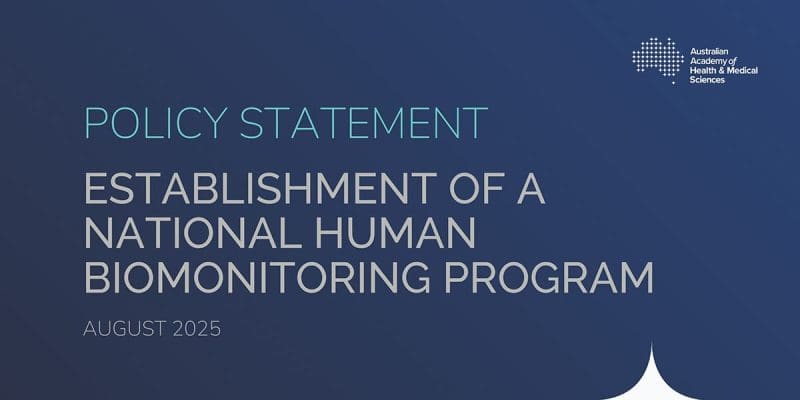PFAS are a group of nearly 15,000 synthetic chemicals widely present in the environment – including in drinking water, food, and household products. Known as “forever chemicals” due to their strong carbon-fluoride bonds, PFAS persist in the environment for decades and, through bioaccumulation, build up in human and animal bodies.
PFAS are endocrine-disrupting chemicals that interfere with hormone function. Growing concerns have emerged around the potential health impacts of PFAS bioaccumulation, with early research highlighting the need for further investigation of possible links to immune and reproductive system disruptions, childhood neurodevelopmental disorders, and increased cancer risks.
This policy statement from the Australian Academy of Health and Medical Sciences outlines the evidence and implementation information supporting two key recommendations made in our December 2024 submission to the Senate Inquiry into Per and Polyfluoroalkyl substances (PFAS):
Recommendation 1: Commit to establishing a national human biomonitoring (HBM) program to track Australians’ bioaccumulation of PFAS together with other chemical contaminants.
Recommendation 2: Immediately establish an interim program that monitors pregnant women’s levels of PFAS and other chemical contaminants while the HBM program is established.

